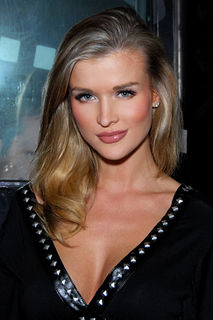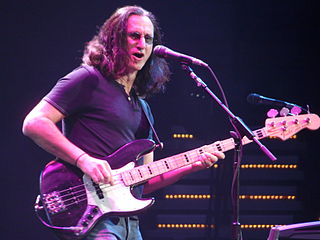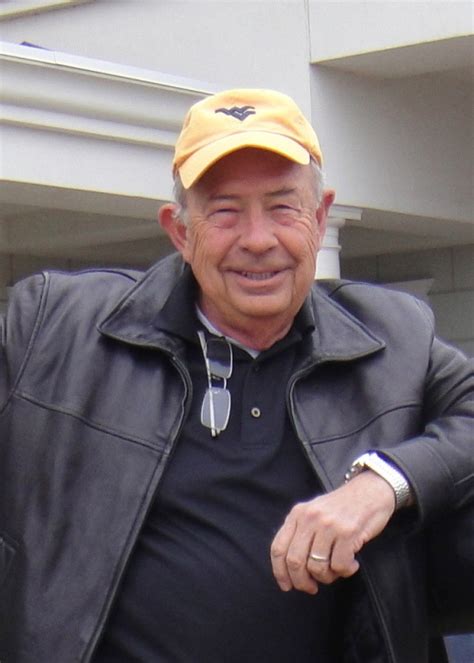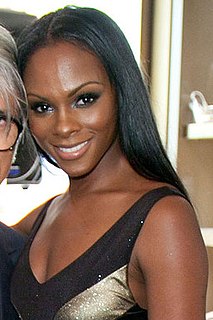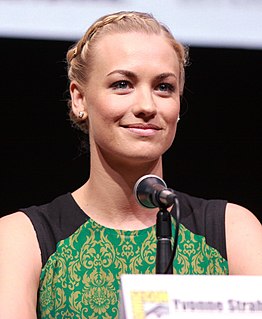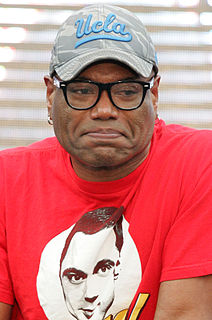A Quote by Douglas Adams
I think you get most of the most interesting work done in fields where people don't think they're doing art but are merely practicing a craft and working as good craftsmen. Being literate as a writer is good craft, is knowing your job, is knowing how to use your tools properly and not to damage the tools as you use them.
Related Quotes
I've learned over the years that you're going to be most successful at the things you're most excited to do. Every artist has a special set of tools. When you really use those tools, and you make yourself feel really good about the product you create, I think you'll find an audience for it. I've been very fortunate in that respect.
Art is craft: all art is always and essentially a work of craft: but in the true work of art, before the craft and after it, is some essential durable core of being, which is what the craft works on, and shows, and sets free. The statue in the stone. How does the artist find that, see it, before it's visible? That is a real question.
Be critical of but not brutal with your writing. If something isn't essential, get rid of it. Remember that good dialogue can serve a whole passel of purposes in your novel, and to overlook one of them is to overlook one of the tools of the craft. Like hitting a nail with a screwdriver, if you know what I mean.
When you are writing a spoken word poem, the tools you're working with are your voice, your body, how it's going to sound to someone when you're saying it out loud. Which is different from when you're writing it on the page. That toolbox becomes how does this look visually on the page, how does this read among pages, how is this in relation to poems that are before it or after it. I don't think one is better or more successful than the other. You've just gotta think about "what are the tools I'm using, and how are they most effective in this form?"
By practicing the Five Agreements, what you are really doing is respecting everything in creation. You are respecting your dream; you are respecting everybody else's dream. If you use these tools, your effort is really for everyone, because your joy, your happiness, your peace, and your heaven are contagious. When you are happy, the people around you are happy too, and it inspires them to change their own world.
The advice that I can give anyone wanting to be in the biz: do all the work, learn your craft. There are no shortcuts. If you stay with it, you will get an opportunity. Whether you make the most of an opportunity depends on if you are prepared. Learn your craft, every aspect of it. Eat it, drink it, sleep it, then when you are the most prepared, you can make the most of it.


